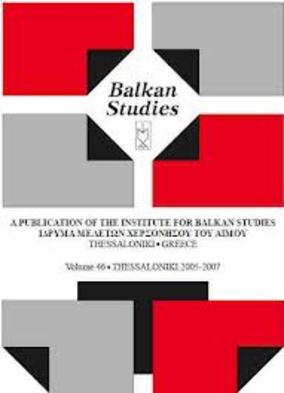Science and the orthodox church in 18th and early 19th century Greece : Sociological considerations
Part of : Balkan studies : biannual publication of the Institute for Balkan Studies ; Vol.29, No.2, 1988, pages 265-282
Issue:
Pages:
265-282
Section Title:
Articles
Author:
Abstract:
From 1700 to 1821, modern science was gradually being introduced fromEurope into Greece, for, being under Ottoman rule at that time, Greece wasscientifically undeveloped. The introduction of new and sometimes radicalscientific ideas led to conflict between the majority of the Orthodox clergy,who controlled the whole educational system, and the Greek scientists. Thereasons for this conflict are examined here from a sociological point of view.The basic assumption is that the Church’s reaction was due, apart from thesocio-political circumstances of the period, to the very nature of Orthodoxy,and specifically to certain theological concepts (such as the importance ofkeeping tradition intact and the Weltanschauung sub specie aeternitatis),which exerted a strong influence on various social domains, including education.The social consequences of this conflict are discussed at the end ofthe paper.
Subject:




